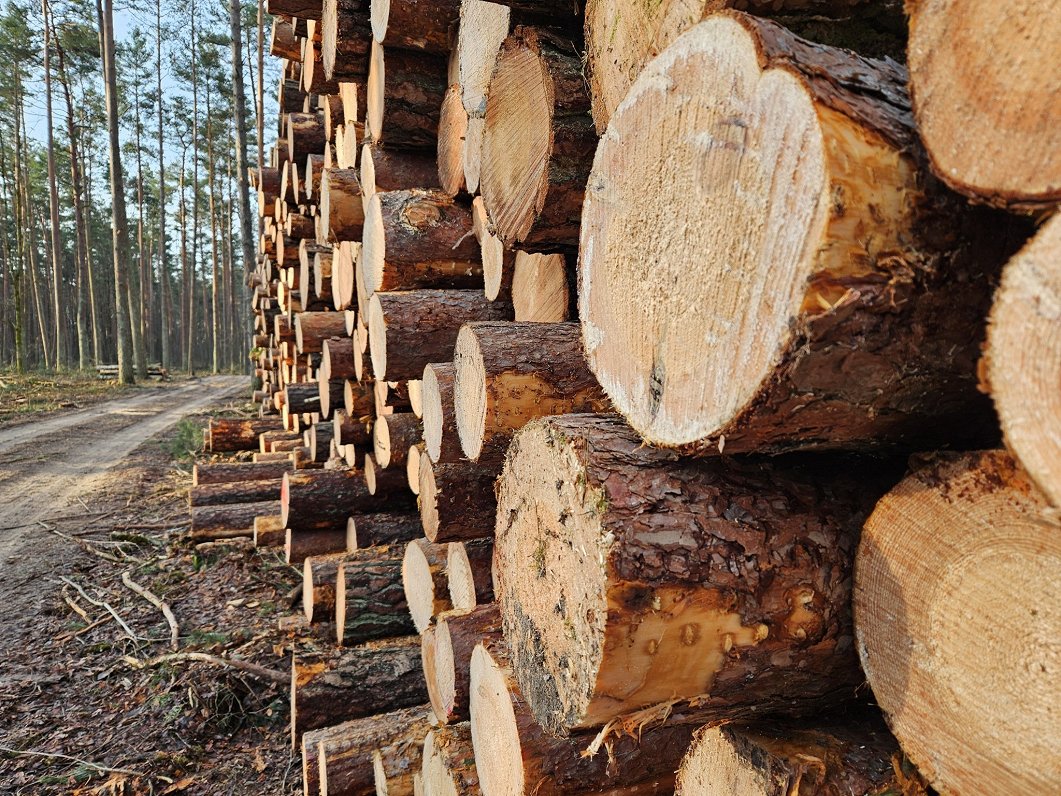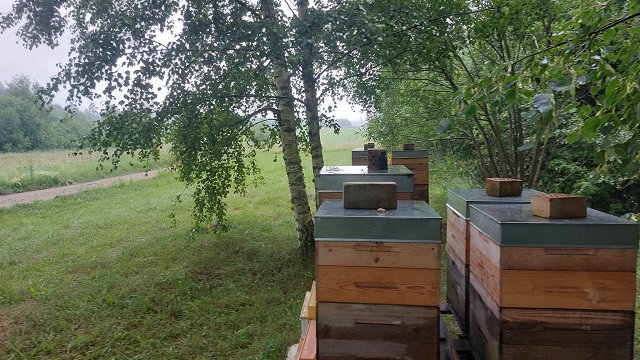After the audit, the member of the State Control Council, Oskars Erdmanis, said that in the audited municipalities of Alūksne, Jelgava, Krāslava, Saldus and Sigulda regions, there is no information on 63% or 5,451 hectares of forest resources and no forest inventories have been carried out. Also, in the inventoried forest areas of 5,072 hectares, forest management is not properly carried out, for example, forest restoration after felling, care of young trees and stock, protection against damage by pests and animals, maintenance of drainage and forest infrastructure.
"By not carrying out these actions, local governments reduce the future value of the forest and the possibility of earning up to 3,438,400 euros annually. There is a popular and widely used saying that the forest is the green gold of Latvia, but the forest becomes such only if it is properly managed ," said Erdmanis.
Forests in Latvia occupy 3,305,000 hectares, of which the state manages and manages 1,521,000 hectares or 46%, while the rest - 1,784,000 hectares or 54% - is managed and managed by other forest owners, including municipalities. Local governments own or legally possess approximately 122,714 hectares, or 4% of the total forest area in the country.
Analyzing the data on all municipalities of Latvia, the VK audit concluded that they do not have up-to-date information on at least 27% of municipal forests.
The value of the wood stock in all the audited non-inventorized forest areas of the municipalities was estimated to be worth at least 2,379,000 euros, assuming that the dominant tree species in most areas are soft deciduous trees.
In several cases, the audit found inconsistencies in the forest inventory data, as both the dominant tree species and their age did not match the composition of the forest stand found during the survey, which limits the ability to make informed decisions for forest management activities and also creates a risk of fraud in forest property and felling expropriation transactions.
As a result of lack of management, dense forest stands have formed in many municipal forests, having a negative, often even irreversible, impact on the quality of the prevailing tree species, and significantly extending the time of wood growth.
VK also concluded that municipalities do not provide sufficient information about auctions of forest land and stocks in order to attract the largest possible number of participants. It noted buyers were in some cases able to immediately re-sell land for a substantial profit.
In the audit, VK has provided 60 recommendations to improve the situation.





























